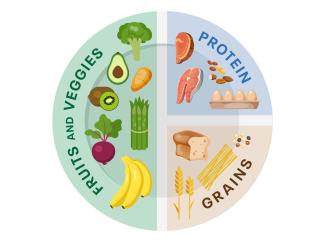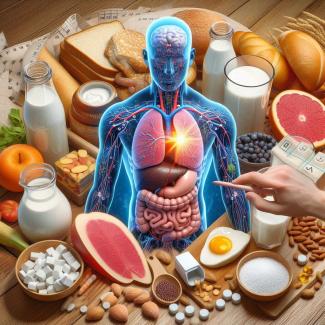
Magnesium is essential to the human body because it plays numerous critical roles in various physiological processes. Some of the key reasons why magnesium is important to the human body include:
- Enzyme function: Magnesium is a co-factor for hundreds of enzymes involved in various biochemical reactions. These enzymes are necessary for processes like energy production, DNA and RNA synthesis, and muscle and nerve function.
- Energy production: Magnesium is a key component of adenosine triphosphate (ATP), which is the primary energy currency of cells. It is required for ATP synthesis in the mitochondria, the cell's energy-producing organelles.
- Muscle function: Magnesium is essential for muscle contraction and relaxation. It helps regulate muscle tone and neuromuscular signals.
- Nervous system function: Magnesium is involved in the regulation of neurotransmitters, which transmit signals between nerve cells. It helps maintain the proper function of the nervous system and may play a role in reducing stress and anxiety.
- Bone health: Approximately 60% of the body's magnesium is stored in the bones. It is important for bone mineralization and maintenance of bone density.
- Heart health: Magnesium is crucial for maintaining a normal heart rhythm and supporting cardiovascular health. It helps regulate blood pressure and can reduce the risk of arrhythmias.
- Blood sugar regulation: Magnesium is involved in insulin function and glucose metabolism. It helps to maintain normal blood sugar levels and reduce the risk of type 2 diabetes.
- Immune system support: Magnesium contributes to the proper function of the immune system and is involved in inflammatory responses.
- DNA and RNA synthesis: Magnesium is essential for the replication and repair of DNA and RNA, which are crucial for cell growth and repair.
- Regulation of electrolyte balance: Magnesium works alongside other electrolytes like potassium and calcium to maintain proper fluid balance in and around cells.
- Protein synthesis: Magnesium is necessary for the synthesis of proteins in the body, including those involved in tissue repair and growth.
A deficiency in magnesium can lead to various health issues, including muscle cramps, fatigue, irregular heartbeat, and weakness. It is important to maintain an adequate intake of magnesium through a balanced diet, as it is not produced by the body. Good dietary sources of magnesium include leafy green vegetables, nuts, seeds, whole grains, and legumes. In some cases, magnesium supplements may be recommended by healthcare professionals to address deficiencies or certain medical conditions.






